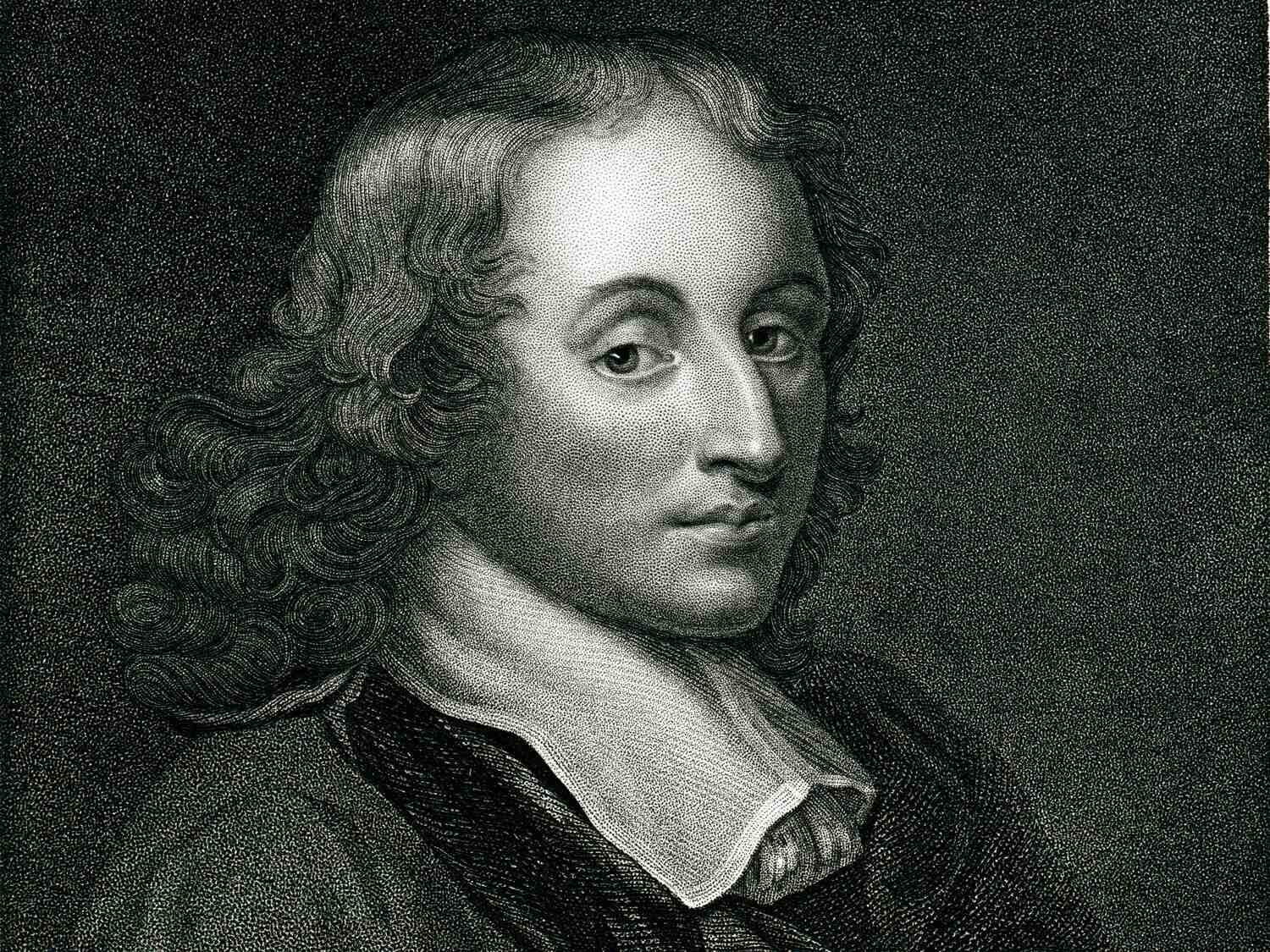
If you’re a fan of science and mathematics, then you’ve probably heard of Blaise Pascal. But did you know that there are some mind-blowing facts about this genius that you might not be aware of? In this article, we will delve into the incredible life and achievements of Blaise Pascal, a French mathematician, physicist, and philosopher. From his groundbreaking contributions to probability theory to his invention of the mechanical calculator, Pascal’s impact on the fields of science and mathematics cannot be underestimated. Get ready to be stunned by 10 mind-blowing facts about Blaise Pascal that will make you appreciate his brilliance even more.
Key Takeaways:
- Blaise Pascal was a brilliant polymath who made significant contributions to mathematics, philosophy, and science, leaving a lasting impact on various fields of knowledge.
- Pascal’s diverse talents led to the creation of Pascal’s Triangle, Pascal’s Wager, and the Pascaline, revolutionizing mathematics, probability theory, and the development of mechanical calculators.
Blaise Pascal was a Multifaceted Genius
Blaise Pascal, born on June 19, 1623, in Clermont-Ferrand, France, was a remarkable polymath. He excelled in numerous fields, including mathematics, physics, philosophy, and theology. Pascal’s diverse talents contributed significantly to various areas of knowledge, making him one of the most influential thinkers of his time.
Pascal’s Triangle
Pascal’s Triangle, a mathematical construct, is named after Blaise Pascal. This triangular array of numbers has numerous applications in mathematics, probability theory, and algebra. The pattern in the triangle is formed by adding numbers from the row above, resulting in a beautiful and fascinating arrangement of integers.
Pascal’s Wager
Pascal’s Wager is a famous philosophical argument developed by Blaise Pascal in his work “Pensées.” The wager presents the idea that believing in God is a rational choice, as the potential benefits of belief outweigh the consequences of disbelief. This wager continues to spark debates and discussions among philosophers and theologians.
Pascal’s Law
Pascal’s Law, also known as the principle of transmission of fluid-pressure, states that when there is an increase in pressure at any point in a confined fluid, it is transmitted equally to all other parts of the fluid. This fundamental principle revolutionized the field of fluid mechanics and has practical applications in hydraulic systems.
Pascal’s Theorem
Pascal’s Theorem is a significant result in projective geometry. It states that if a hexagon is inscribed in a conic section (such as a circle or an ellipse), the three points where opposite sides of the hexagon intersect lie on a straight line. This theorem, pioneered by Pascal, has profound implications in the study of geometric figures.
Pascal’s Calculating Machine
Pascal invented the mechanical calculator, also known as Pascal’s Pascaline, which was one of the first devices capable of performing mathematical calculations. This innovative machine laid the foundation for modern mechanical calculators and paved the way for the development of computers.
Pascal’s Contributions to Probability Theory
Pascal made significant contributions to probability theory, particularly through his correspondence with Pierre de Fermat. Together, they laid the groundwork for the theory of probability and combinatorial analysis, which have become invaluable tools in various fields, including statistics and decision-making.
Pascal’s Religious Convictions
Blaise Pascal embraced a profound religious faith and had a transformative spiritual experience known as the “night of fire.” This encounter shaped his later works, which explored themes of theology and philosophy, including his influential book “Pensées.”
Pascal’s Legacy
Pascal’s contributions have had a lasting impact on a wide range of disciplines. His mathematical and scientific discoveries, as well as his philosophical and theological insights, continue to inspire scholars and shape our understanding of the world.
Pascal’s Lasting Influence
Blaise Pascal’s legacy extends far beyond his individual accomplishments. His name continues to be associated with groundbreaking concepts, theorems, and machines that have shaped the fields of mathematics, physics, and philosophy. Pascal’s influence remains a testament to his extraordinary intellect and enduring relevance.
Conclusion
In conclusion, Blaise Pascal was a remarkable figure whose contributions left a lasting impact on various fields. From his groundbreaking work in mathematics and physics to his philosophical musings, Pascal’s genius is undeniable. His invention of the mechanical calculator revolutionized computation, setting the foundation for today’s digital age. Pascal’s religious conversion also greatly influenced his life and writings, leading him to explore themes of faith and reason.Moreover, Pascal’s insightful observations on human nature, as reflected in his famous quote, demonstrate his deep understanding of the human condition. His concept of the “Pascal’s Wager” continues to generate discussions among theologians and philosophers.Overall, Blaise Pascal’s life and works continue to inspire and influence both scholars and enthusiasts alike. His multidisciplinary approach, intellectual curiosity, and unique insights make him one of the most fascinating figures in history.
FAQs
Q: What are Blaise Pascal’s major contributions to mathematics?
A: Blaise Pascal made significant contributions to mathematics, especially in the field of probability theory. He formulated the Pascal’s Triangle and introduced the concept of Pascal’s Wager.
Q: Was Blaise Pascal only known for his mathematical achievements?
A: No, Pascal’s genius extended beyond mathematics. He also made notable contributions to physics, particularly in the study of fluid dynamics. Additionally, his philosophical and theological works have had a profound impact on those fields.
Q: Why is Pascal’s mechanical calculator considered groundbreaking?
A: Pascal’s mechanical calculator, also known as the Pascaline, was one of the first devices capable of performing complex calculations. It laid the foundation for modern digital computers and greatly influenced the development of computing technology.
Q: What is Pascal’s Wager?
A: Pascal’s Wager is a philosophical concept developed by Blaise Pascal. It suggests that it is rational to believe in God because the potential rewards of belief outweigh the potential risks of disbelief.
Q: How did Pascal’s religious conversion impact his life and work?
A: Pascal’s religious conversion had a profound impact on his life and writings. It led him to become a devout Christian and influenced his philosophical reflections on religion, faith, and reason.
Was this page helpful?
Our commitment to delivering trustworthy and engaging content is at the heart of what we do. Each fact on our site is contributed by real users like you, bringing a wealth of diverse insights and information. To ensure the highest standards of accuracy and reliability, our dedicated editors meticulously review each submission. This process guarantees that the facts we share are not only fascinating but also credible. Trust in our commitment to quality and authenticity as you explore and learn with us.


